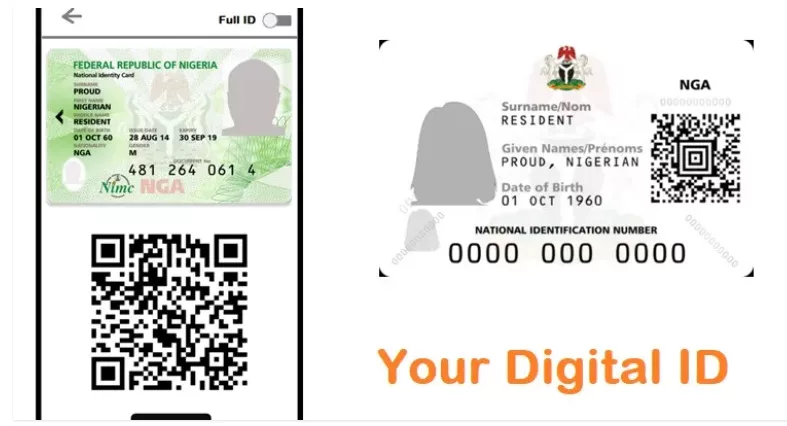African countries have been forcefully pushing for the implementation of the Digital IDs. Kenya is one of the countries that have been promoting Digital IDs, even after the High Court of Kenya declared the proposed national digital ID roll-out unconstitutional in October 2021. Kenya will start issuing digital IDs to newborns starting March 1, 2023. Many developing countries have weak or nonexistent data protection laws and therefore digital IDs are not feasible in African countries.

Here are five reasons why Africans should reject the digital ID.
-
Surveillance and Control
Digital IDs will be used to track, monitor and control citizens and infringe on their civil liberties. African Governments prey on the ignorance of the masses and will use this digital IDs to control the people. You will do exactly what the government demands of you.
For instance, the Kenyan government announced that it will be charging drivers a ‘daily congestion tax’ as their carbon footprint is causing pollution while they are stuck in traffic. A digital ID and digitized plates will be a quick way to punish motorists.
2. Privacy
Privacy concerns arising from the collection of biometric data, DNA and GPS coordinates. This registration requiring collection of all this data is very intrusive, and it raises suspicion as to why anyone would need to disclose all these information to acquire a government service. Also, your data will not remain confidential after it is handed over to the government, they can use it against you and share it without your consent.
3. Discrimination and Tribalism
The digital ID will be used to discriminate against marginalized communities and groups. For instance, many African countries have refugees and displaced persons who may have a hard time acquiring these IDs, and if they will not have them, they cannot access any service in the country. Also, tribalism is rife in most African countries, and it will be an easy way to identify ‘those that belong to your tribe’ for political or economic gains.
4. Malfunctioning Systems.
Most African countries do not have a constant supply of electricity or energy to keep the digital biometric scanners or smart cards working especially in remote areas. That means in those moments of power outages, you cannot access any services, any utilities or even access to your funds. You will have to fully rely on the government to keep these working.
5.Data Security.
The African governments are just getting started in the digitization of services, and they are prone and vulnerable to hacking or cyber-attacks. All your information stored on these government databases will be used by cybercriminal.
6. Inaccuracy and Bias.
An article by Harvard University shows Racial Discrimination in Face Recognition Technology. Digital IDs using facial technology have proven to be less accurate for darker skin toned people. This will cause problems when the ID system claims that you are not the person that you claim to be, due to errors arising from these flawed systems. In addition, there is existing systemic bias for some Africans that applied for national IDs and passports but due to malfunctioning systems, haven’t received them for years and cannot prove their identity or even vote. These digital IDs will make the systemic bias worse.
